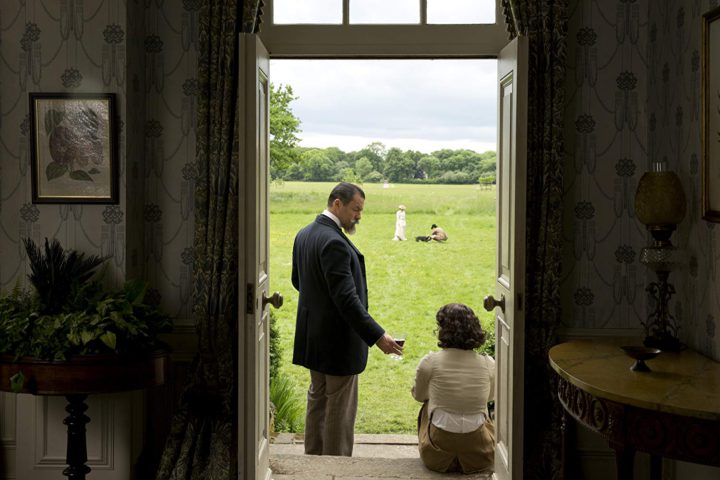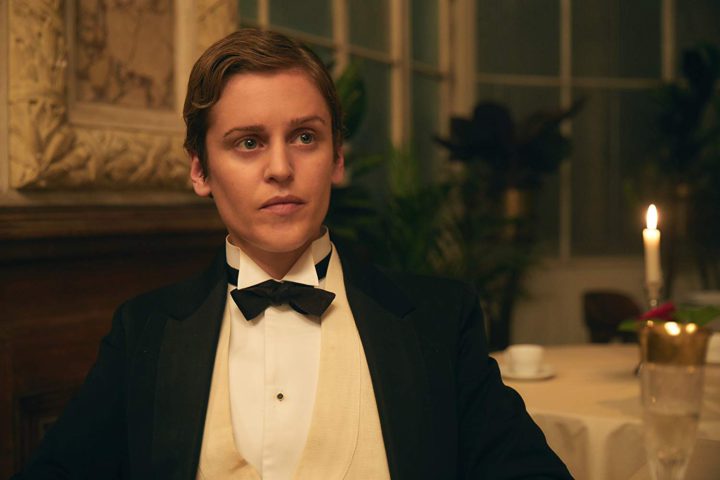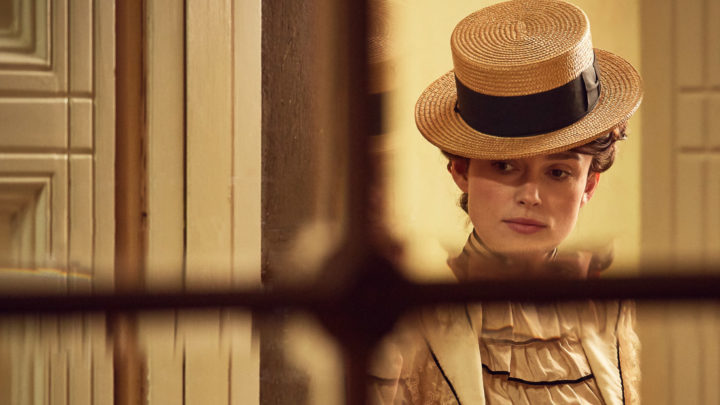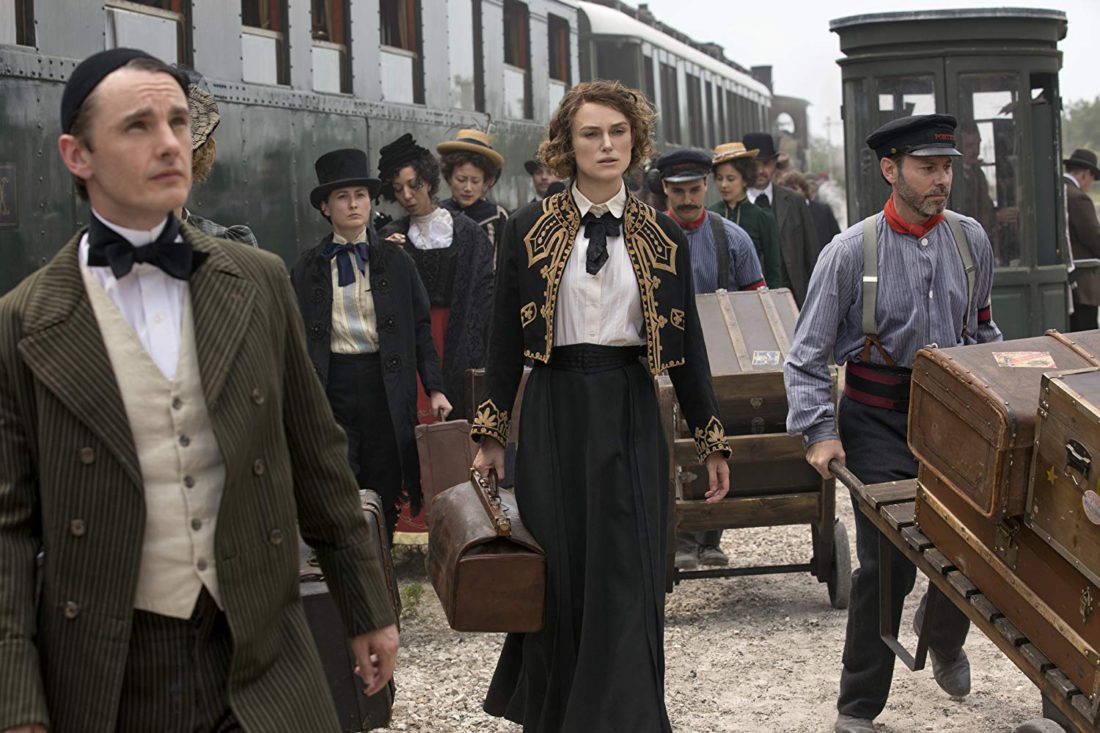
On paper, saying there’s a biographical movie about 19th-century French writers, you’d likely expect something a bit stodgy and likely pretentious, with sharp costuming but little else to offer. Luckily, Wash Westmoreland’s Colette is anything but that, instead being a movie that’s sensual, emotionally complex and strikingly topical. This is Colette‘s greatest attribute: its ability to remember the humanity and relatability of the past and not view it as musty history.

The film lays out the early years of the famous French writer Colette (Keira Knightley) before her greatest successes as an author in the 20th century. It opens with Colette being courted by Henry (Dominic West), a well-off writer who goes by the pseudonym Willy, but who really works more as a brand manager, coming up with ideas and sending others off to write them down. This is the world he brings Colette into, which not only includes the salons of Paris but also its decadence, something Willy can’t resist, attempting to keep up a lifestyle the couple can’t afford.

It’s not till desperation hits that Willy convinces Colette to begin writing about her life, something that leads to the first Claudine novel, published under the Willy moniker. While it becomes an instant hit and gives the couple an amount of financial flexibility and fame, all of the credit is given to Willy as Colette toils in the background. And it’s especially grim work, as Willy locks Colette away, forcing her to write while he spends their money on women and gambling.

Colette, however, sees their work as a partnership. His treatment of Colette oscillates between domineering and endlessly affectionate, and he does encourage his wife to explore her queerness. Their relationship is really what drives the narrative forward, this push and pull between love and manipulation as Colette slowly begins to understand her own power, not only as a woman but as a writer and a talent.

Unfortunately, the film gets a little bogged down in the minutia of Colette’s life and commits the grave mistake so many biopics do of trying to cover too much of a life instead of focusing on a moment. This causes the movie to feel a bit too drawn out and a bit too long, but it doesn’t sink things, mainly because it has a pulse. Plus, the film has an obvious care and love toward this specific era of French writing — something that’s not required for viewer to share, but which certainly doesn’t hurt. Rated R for some sexuality/nudity. Now playing at Fine Arts Theatre.




Before you comment
The comments section is here to provide a platform for civil dialogue on the issues we face together as a local community. Xpress is committed to offering this platform for all voices, but when the tone of the discussion gets nasty or strays off topic, we believe many people choose not to participate. Xpress editors are determined to moderate comments to ensure a constructive interchange is maintained. All comments judged not to be in keeping with the spirit of civil discourse will be removed and repeat violators will be banned. See here for our terms of service. Thank you for being part of this effort to promote respectful discussion.